May 14, 2025 | 08:32 GMT +7
May 14, 2025 | 08:32 GMT +7
Hotline: 0913.378.918
May 14, 2025 | 08:32 GMT +7
Hotline: 0913.378.918
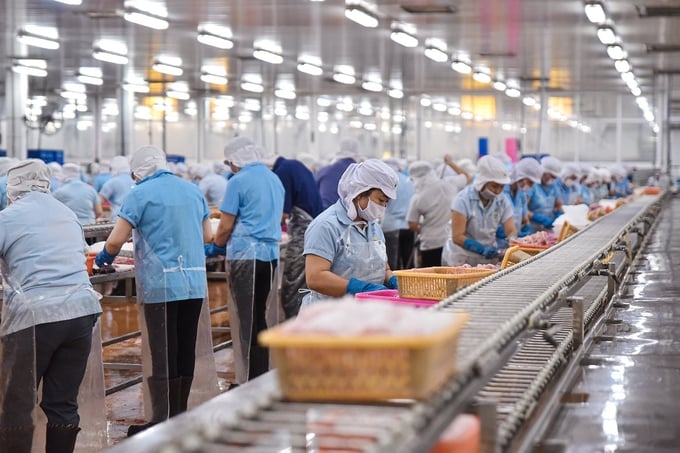
Data show that most female workers in the agricultural sector have not been supported with the necessary skills and knowledge, and do not have the power to make decisions in the agricultural value chain. Photo: Quynh Chi.
Gender equality is not simply a basic human right. Gender equality contributes to promoting prosperity and measures how a society progresses.
Although there have been certain improvements, many countries are at risk of not achieving the goal of gender equality set by the United Nations by 2030. Female workers are even more vulnerable and at risk because of environmental and social crises.
FAO data shows that the gender gap in food insecurity risk has increased from 1.7% (2019) to 4.3% (2021). During the Covid-19 pandemic, 22% of female workers in the agricultural and food industry lost their jobs; for men, this is 2%. Along with that, the income gap between men and women still exists in all fields. In agriculture, women only earn 82 cents to the dollar that a man earns.
Vietnam is not too different from the world’s general situation. Based on the Global Gender Gap Report 2023, our country ranks 72nd out of 146 countries in gender equality progress.
In Vietnam’s agricultural sector, the majority of women participate in informal work - areas outside of legal regulations for women. Many female workers do not have maternity benefits, pensions, credit incentives, or their land assets are often held in the husbands’ names.
In addition, men often have more rights to make decisions in farming (growing crops, choosing varieties) and access to training. A study conducted by ACIAR (the Australian Center for International Agricultural Research) shows that only 5% of women in the Mekong Delta region can make important decisions. Regarding agricultural extension programs, female representation is also very limited with a participation rate of only 10%.
Data also shows that every season, Asian women spend 300 - 450 hours working in chemically contaminated water and toxic environments. Many women have peeling fingers, making daily activities more difficult.
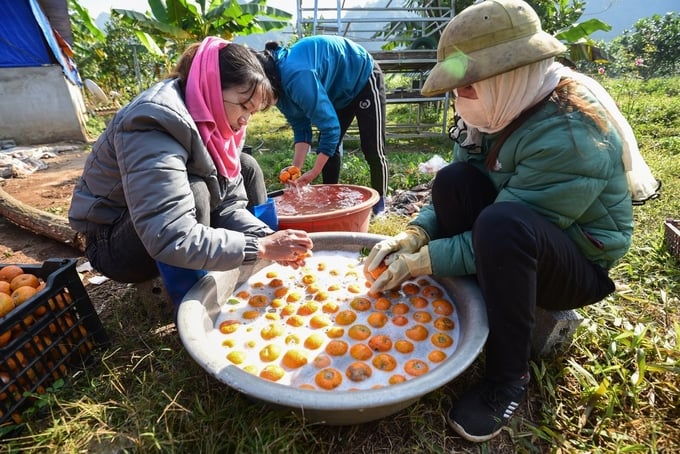
The process of washing oranges seems simple but requires many hours of soaking hands in water containing chemicals. Photo: Tung Dinh.
The above figures show that women are increasingly malnourished and food insecure despite their roles as household carers who supply food for the family.
Leaving women behind while developing other aspects has partly disrupted the food supply chain. Specifically, women have limited opportunities and difficulty accessing machinery (some must hire men for technical operations). Most women lack the necessary skills and knowledge to handle work. More deeply, the aforementioned numbers result from outdated norms regarding gender roles, limiting women’s access to productive resources.
Thus, if we want to innovate agriculture, it is necessary to empower female workers with the necessary knowledge to make decisions, contributing to the transformation of rice value chains. Investing in gender equality in agriculture means promoting social progress.

Evidence shows that a dollar invested in a woman farmer turns into a $31 benefit to herself. Photo: Tung Dinh.
We tend to forget women are resilient. In Vietnamese and world history, many women have pioneered scientific, political, and social innovation, caring for their family and the community. Today, women are essential actants for countries to increase their ability to adapt to global changes. Improving capacity and providing production and economic resources for women will strengthen the community as a whole.
According to the Standard Operating Procedures (SOPs - UN Women), a dollar invested in a woman farmer turns into a $31 benefit to herself. With this profit, they can afford food for their family, reducing their economic burden. Furthermore, global GDP will increase by hundreds of billions of USD once we attain gender equality in the agricultural industry. The risk of food insecurity decreased by 2% and about 45 million people escaped poverty.
Thus, gender equality contributes to food system transformation and vice versa.
First, the global agricultural industry in general and Vietnam in particular need to acknowledge the shortcomings in the production system.
On the one hand, the world, including developed countries, is lagging in designing gender-friendly machinery. Most agricultural equipment is often bulky, heavy, and does not meet the abilities and needs of female workers.
Therefore, mechanization that works for women is essential. Modernization needs to focus on developing compact equipment that ensures productivity and prioritizing user safety.
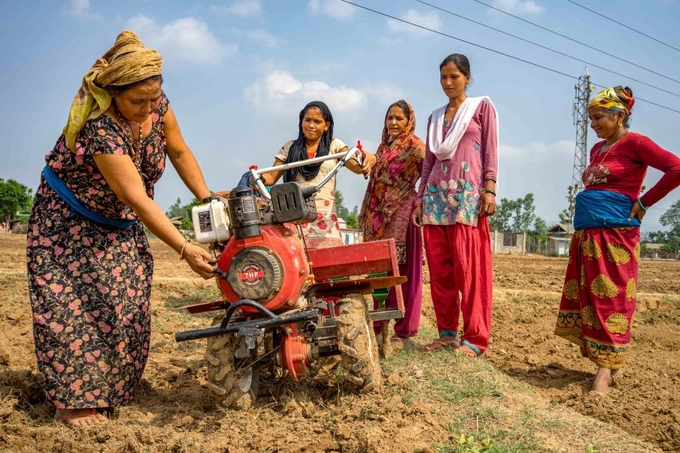
The gender-friendly mechanization project implemented by CGIAR (Consultative Group for International Agricultural Research). Photo: CGIAR.
Many women farmers report that using appropriate machinery has improved their lives significantly. “We don’t have to soak our hands and feet in chemical water every day. Previously, our skin would all get eaten away, and we couldn’t even eat with our hands or do anything. Now, machines help us reduce hours on the fields. We can take better care of ourselves and our families,” a female farmer shares.
On the other hand, the gender gap in the agricultural value chain needs to be addressed. With 90% of men holding decision-making power and receiving agricultural extension training, management levels need to prioritize gender equality. Both men and women need to have equitable access to information and technology.
Thanks to equal knowledge, everyone has the ability to solve problems, proactively make decisions, and contribute to agricultural innovation. Such a direction will ensure a comprehensive and sustainable future for the food production industry.
The government needs to have policies so that women can benefit. For example, review and update policies on maternity benefits for women working in the fields, salary or pension, land assets regardless of the husband, etc.
Women’s role has been recognized as agents of change, actively contributing to the socio-economic development of the agricultural sector. Some programs in Vietnam and the Mekong Delta region pay special attention to awareness of gender roles such as the project “Food loss in the catfish value chain in the Mekong River basin” or “Establishment of a sustainable rice value chain for smallholders in the Mekong Delta.”
More importantly, having support and sympathy from friends and family will motivate women to succeed.
Translated by Quynh Chi
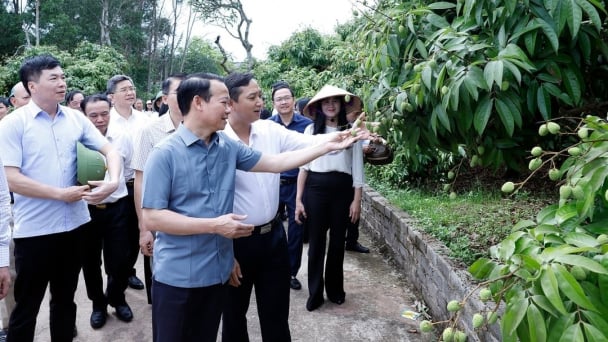
(VAN) Agriculture and environment sector experienced a 3.74% increase in growth during the first four months of 2025, with exports surpassing 21 billion USD. This growth was sustained by effective reforms and a trade surplus.
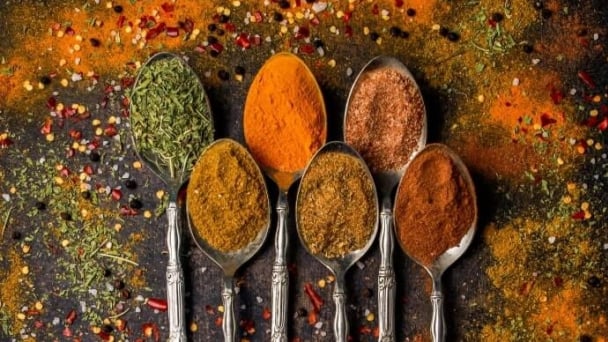
(VAN) Taiwan offers a promising market for Vietnamese turmeric; however, it enforces stringent standards, particularly concerning residual additives, colourants, and substances with potential carcinogenic effects.

(VAN) Through activities at Vietnam Sea and Island Week 2025, solutions will be developed to fully harness the potential and advantages of Vietnam's marine economy.
![Multi-channel, multi-directional Vietnamese agricultural markets: [4] EVFTA and the 0% tax advantage](https://t.ex-cdn.com/nongnghiepmoitruong.vn/608w/files/linhnhp/2025/05/12/day-chuyen-che-bien-tom-tai-1-nha-may-cua-sao-ta-205536_359-1044193.jpg)
(VAN) The near-complete elimination of import tariffs on Vietnamese goods makes the EVFTA the highest commitment the EU has ever made to a partner in its signed trade agreements.
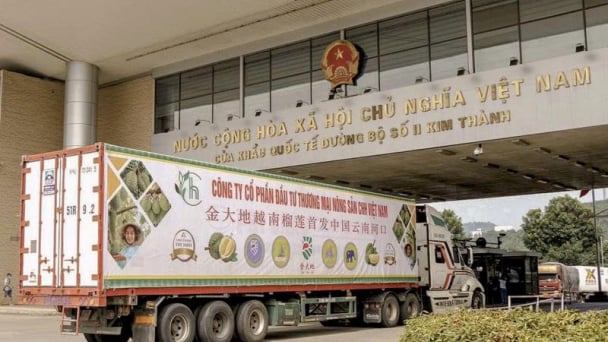
(VAN) Deputy Minister Phung Duc Tien hopes that China will facilitate the entry of Vietnamese agricultural products into its market and accelerate customs clearance at border gates.
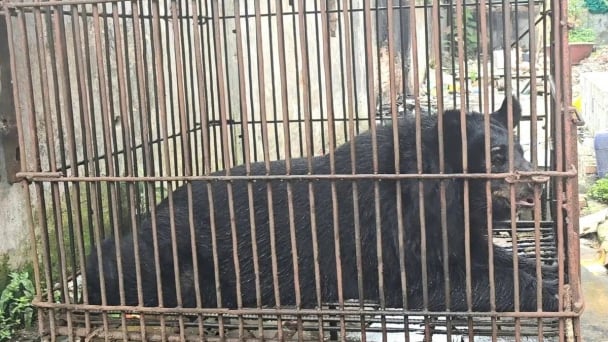
(VAN) On May 10, the Animals Asia Foundation and the Hai Phong Crop Production and Forest Protection Department successfully rescued a nearly 20-year-old sun bear that was being kept by locals.

(VAN) Does Hungary have an opportunity to expand poultry production in the coming years despite the pressure from avian influenza and challenges of the trade war?